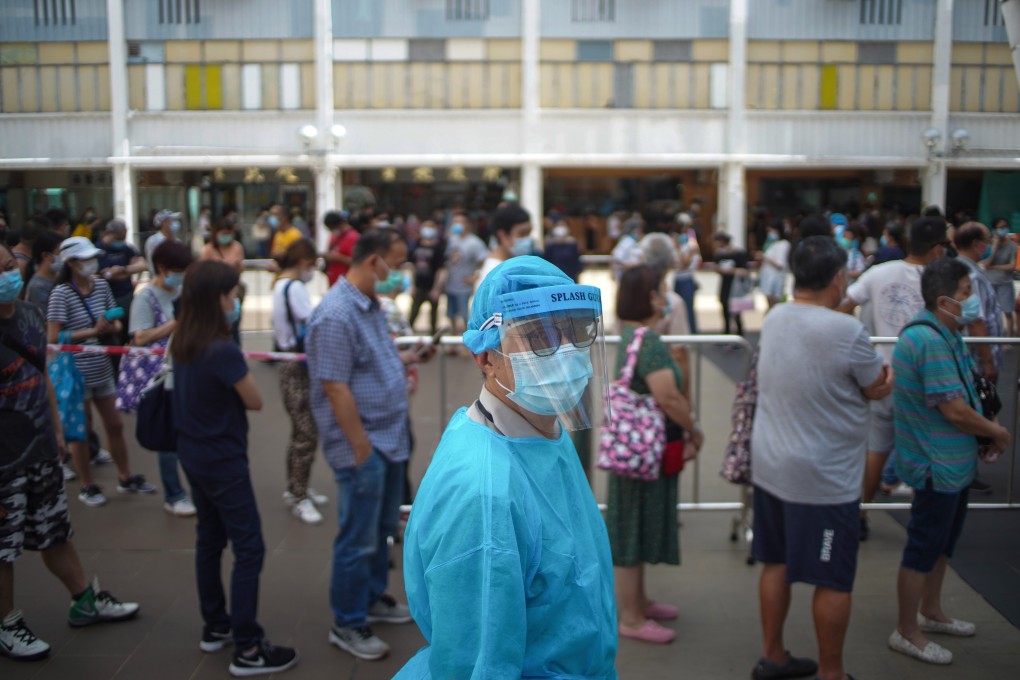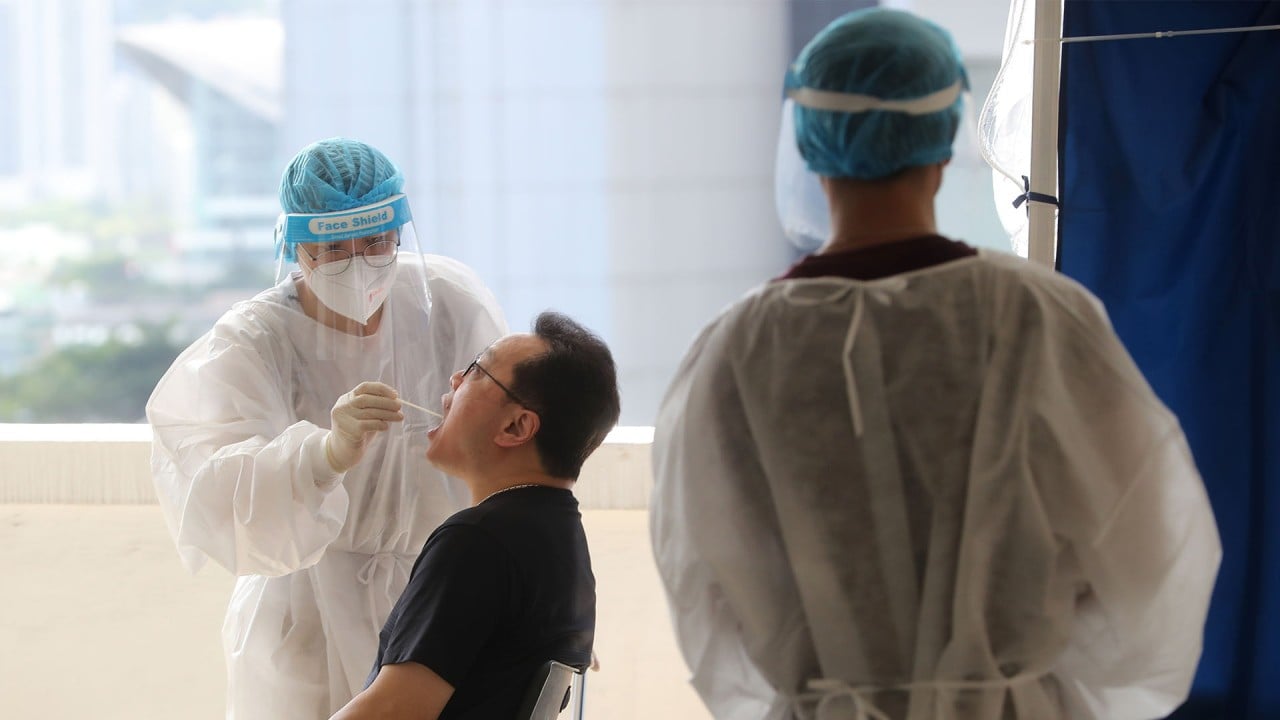Hong Kong’s health care services are the envy of many across Asia
- In Hong Kong, there is access to clean water, vaccinations and pre- and postnatal services for all residents, which helps prevent disease before it can strike. This is not the case for many of our neighbours in Asia, whose poorest suffer the most

The World Health Organisation is working with a group of multilateral, bilateral and government agencies to bring diseases such as polio and measles under control in many developing countries. In Laos, the government is still working hard to control diseases such as measles, rubella, and hepatitis B. Agencies seem to have trouble delivering vaccines in rural communities. Hong Kong’s public health system, by comparison, is much more inclusive.
Hong Kong also has a ready supply of clean drinking water. The Water Supplies Department created the Hong Kong Drinking Water Standards so the city’s drinking water complies with WHO standards. These include limiting the amount of metals such as arsenic, lead, and mercury; pesticides such as DDT; disinfectants and their by-products including chlorine; inorganic chemicals such as fluoride and nitrate; organic chemicals such as benzenes; organisms such as E coli; and radioactive material.

05:38
What started Hong Kong's third Covid-19 wave?

